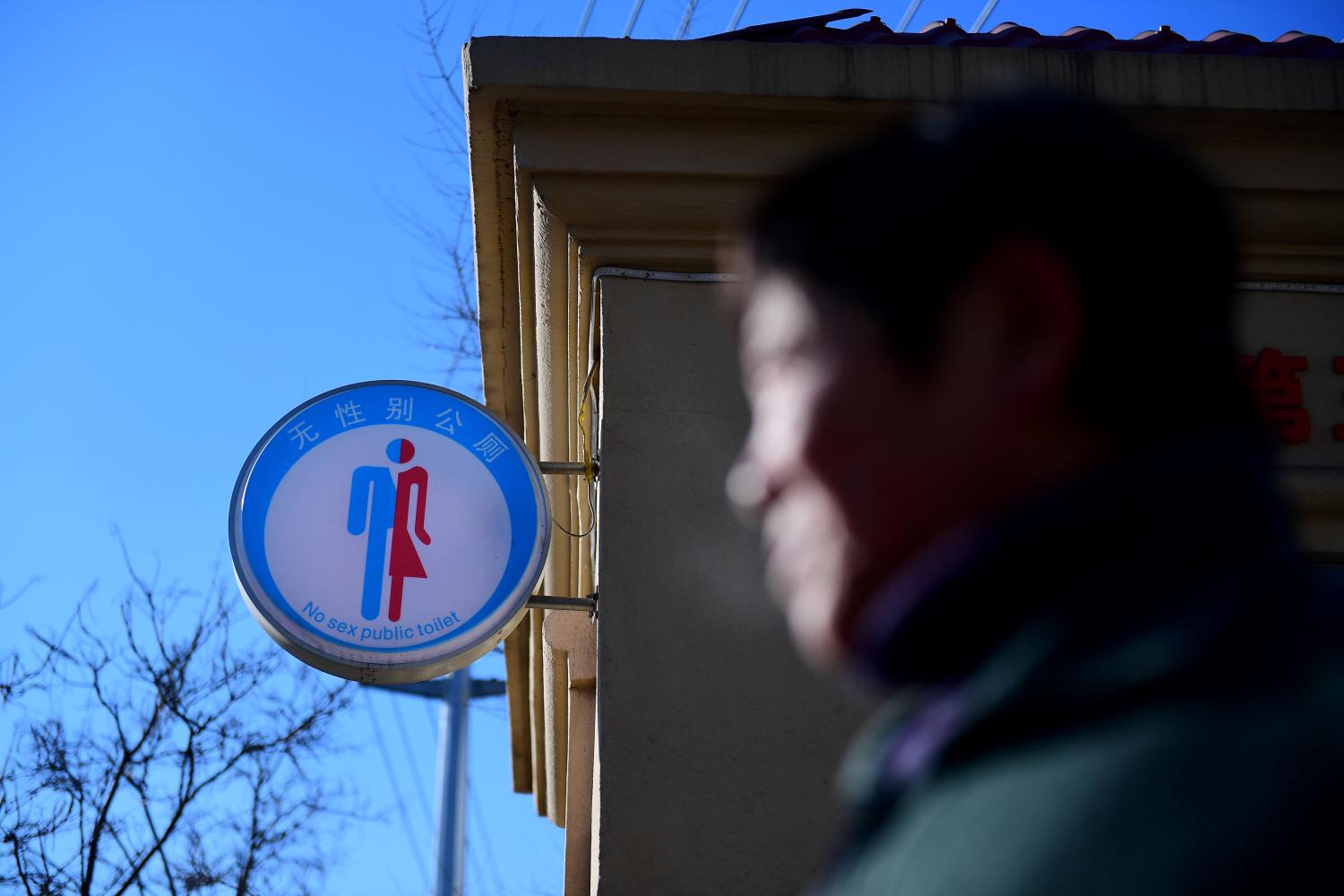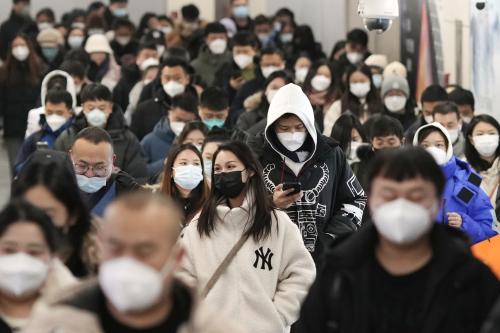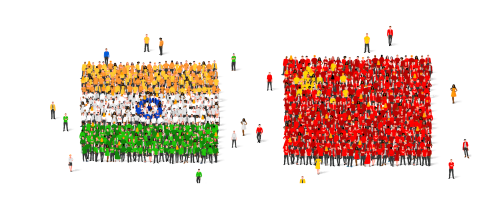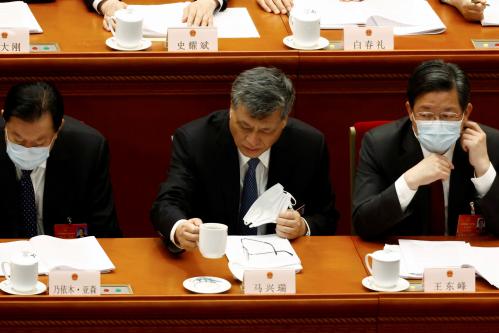Executive Summary
 For reasons both ideological and diplomatic, Beijing has long sought to showcase China’s domestic achievements on gender equality and its support for women’s rights globally. As the profile of LGBT issues has risen at the United Nations in recent years, Beijing has also expressed opposition to discrimination and violence based on sexual orientation and gender identity. However, Beijing has often not lived up to — or has actively undercut — these professed values by advancing a state-dominated and regime-serving model of human rights that aims to shield the Chinese Communist Party (CCP) from criticism and accountability. Despite its rhetoric, Beijing has worked at the U.N. to marginalize women’s rights defenders — critical actors for promoting gender equality — and has consistently voted against measures to strengthen visibility and protection of LGBT people’s human rights.
For reasons both ideological and diplomatic, Beijing has long sought to showcase China’s domestic achievements on gender equality and its support for women’s rights globally. As the profile of LGBT issues has risen at the United Nations in recent years, Beijing has also expressed opposition to discrimination and violence based on sexual orientation and gender identity. However, Beijing has often not lived up to — or has actively undercut — these professed values by advancing a state-dominated and regime-serving model of human rights that aims to shield the Chinese Communist Party (CCP) from criticism and accountability. Despite its rhetoric, Beijing has worked at the U.N. to marginalize women’s rights defenders — critical actors for promoting gender equality — and has consistently voted against measures to strengthen visibility and protection of LGBT people’s human rights.
In its international investment and aid policies, Beijing’s commitment to gender equality has been uneven. The China-led Asian Infrastructure Investment Bank has not sufficiently integrated a gender lens into procedures for project design and implementation, leading to negative impacts for women in local communities, and the Belt and Road Initiative lacks any framework that accounts for gender. However, Beijing’s international aid exhibits a stronger focus on women, including programs that provide health services to women and children, financial support for young girls’ education, and technical and leadership training for women — though these programs can take on a counterproductively political valence as well.
International organizations, U.N. member states, and civil society face a knotty situation in cooperating with Beijing on gender issues. While certain goals are shared and Beijing has significant material and technical resources to contribute, other core values — such as regime primacy and hostility toward autonomous civil society — work at cross purposes.




